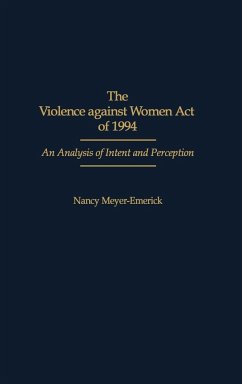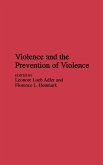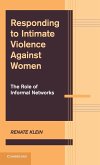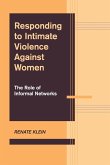The Violence Against Women Act of 1994 (VAWA) is the most expansive federal legislation addressing intimate violence in the United States to date. Meyer-Emerick uses three theories to examine the legislation: Foucault's theories on how people develop their ideas about their sexuality; Habermas's theories on the legitimacy of the state; and MacKinnon's theories of a gender hierarchy preserved through sexual violence. Through consideration of interviews with policymakers, professionals, and focus groups with citizens, her analysis suggests that state intervention is limited. Additional avenues for combating violence against women is therefore necessary. These theories were also used to develop questions that were asked of policymakers and local professionals in interviews and with focus groups of survivors, perpetrators, and citizens. The interviews revealed perceptual differences between the thinking of the policymakers and the local professionals. These dissimilarities highlight the practitioners' lack of knowledge about the intent of VAWA, which may impede service delivery to clients. The focus group responses indicated that not only do women have a higher distrust than men but that survivors and perpetrators have opinions that diverge from both local citizens and other participants. This demonstrates a need for change in the system that is supposed to be protecting women from violence. Meyer-Emerick concludes with recommendations for further interventions. Policymakers and local providers of social services will find the work of particular value as will scholars and researchers dealing with domestic violence.
Hinweis: Dieser Artikel kann nur an eine deutsche Lieferadresse ausgeliefert werden.
Hinweis: Dieser Artikel kann nur an eine deutsche Lieferadresse ausgeliefert werden.








